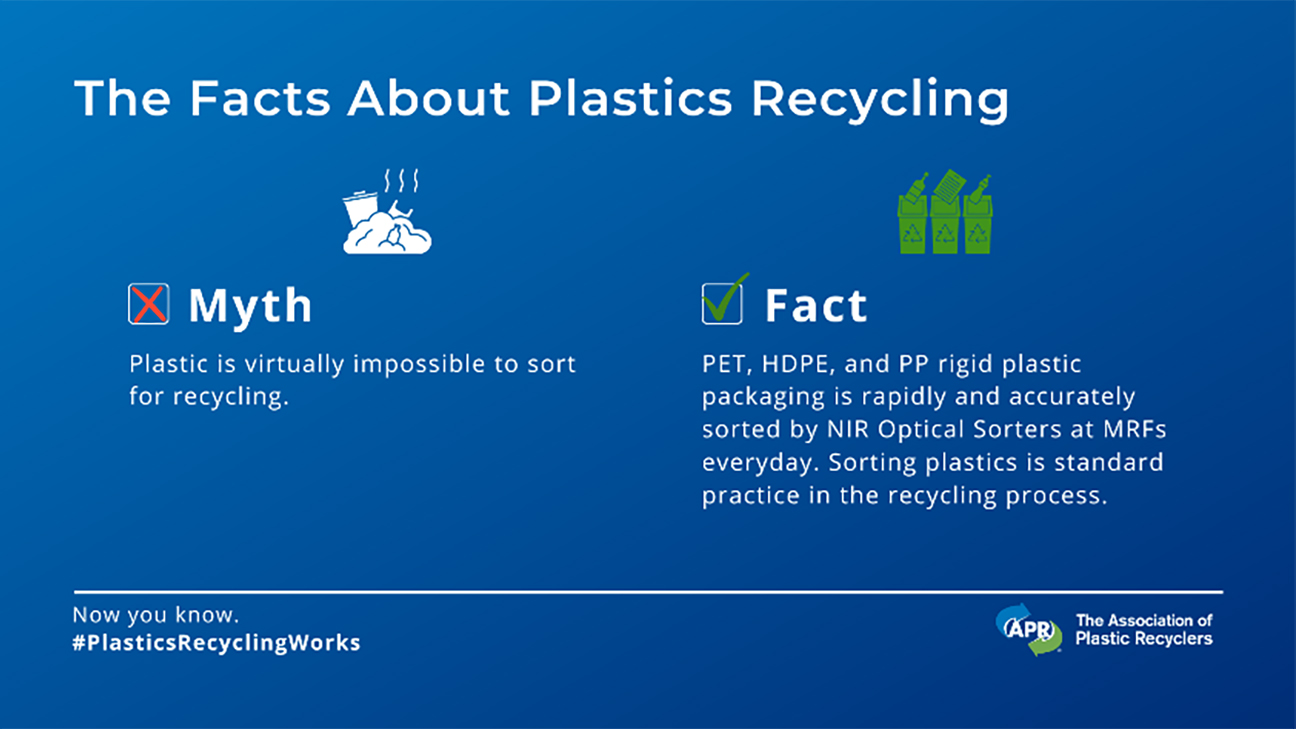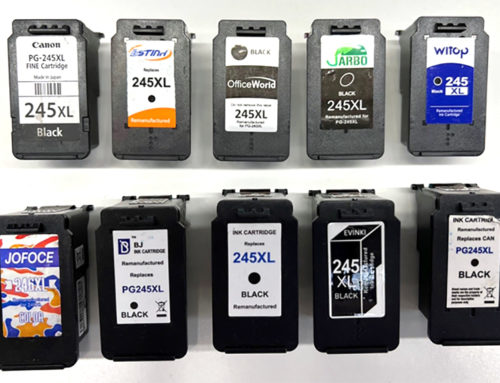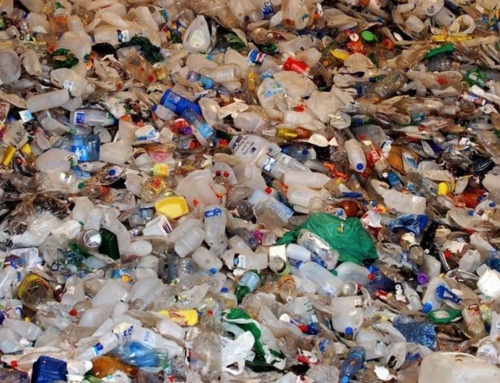In a significant stride towards refining recycling standards, the Institute of Scrap Recycling Industries (ISRI) and The Association of Plastic Recyclers (APR) have jointly unveiled the latest updates to the ISRI Specifications and APR Model Bale Specifications. The revisions include detailed specifications for recycled plastics, reflecting the current dynamics of the marketplace for Polypropylene (PP) and Mixed Rigid plastics.
Following a collaborative process involving both organizations and their members, the revised specifications received separate approvals in October 2023 from the ISRI Board of Directors and the APR Board of Directors. These updates aim to provide a more accurate representation of the recycled plastic materials currently traded in the market.
Revised Specifications Overview:
- PP Small Rigid Plastic
- Mixed Small Rigid Plastic
- Mixed Bulky Rigid Plastic

This release from ISRI serves as a 30-day public notice, a mandatory step in accordance with the rules governing procedures for the addition, amendment, or withdrawal of ISRI’s Specifications. More information is available in the ISRI Specifications.
The three proposed revisions aim to streamline existing PP and Mixed Rigid specifications, minimizing confusion and aligning more closely with the scope of materials traded and processed in today’s recycling marketplace. ISRI expressed gratitude to APR for its valuable expertise in developing these revisions.
ISRI President Robin Wiener highlighted the significance of these updates, emphasizing their alignment with the industry’s focus on technological innovations and Design for Recycling®. Wiener stated, “The changes announced reflect the ongoing review by dedicated volunteers in ISRI’s Plastics and our partnership with the Association of Plastic Recyclers (APR). Our partnership allows us to work together to strengthen our specifications.”
Technological advancements, including optical sorters, robotics, and artificial intelligence, have enhanced the sorting and processing of plastics for recycling. However, the continually evolving landscape of packaging and recycling streams underscores the importance of regularly updating bale specifications and ensuring recycling-compatible package designs to maintain and improve the quality of recycled materials.
Steve Alexander, APR President & CEO, expressed satisfaction with the collaborative efforts, stating, “We are pleased to continue collaborative efforts with ISRI to facilitate recycled market consistency and quality.” He emphasized that items listed as commonly accepted must be designed to be compatible with the recycling stream to align with the APR Design® Guide for Plastics Recyclability and avoid compromising the yield or quality of recycled material.
These specifications play a crucial role in facilitating communication between Material Recovery Facilities (MRFs) and reclaimers by clearly defining commonly accepted materials and outlining tolerable contaminant levels. The guidelines also identify prohibited contaminants, ensuring the safe and effective management of materials by reclaimers.
For over a century, ISRI specifications, bolstered by the collaboration with APR for plastic commodities, have played a vital role in promoting consistency and quality in the trade of recycled materials globally. Accessible online, thanks to a grant from the U.S. Department of Commerce’s International Trade Administration, these specifications continue to serve as an invaluable resource for industry stakeholders.






